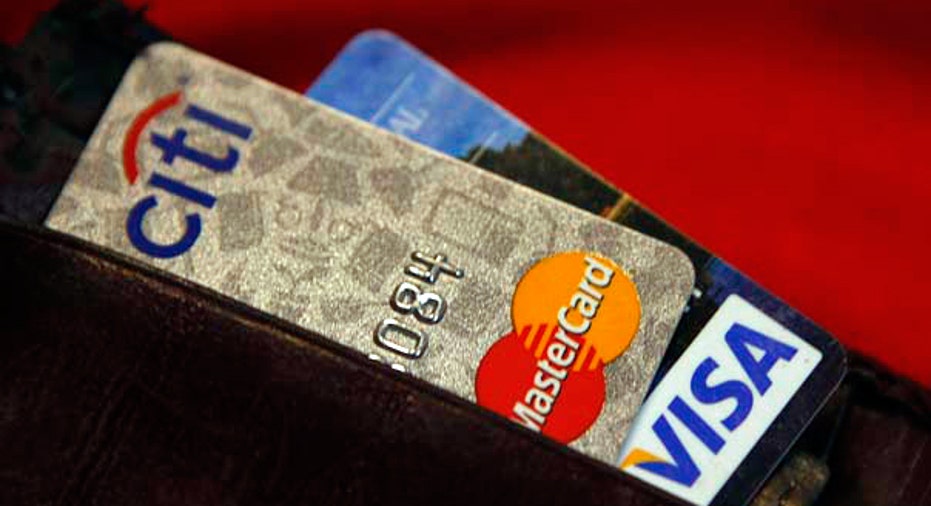Six Ways to Resist Debt Pushers

Think America learned its lesson from the financial crisis? Guess again.
Americans were shaken enough by the Great Recession to reduce their debt levels -- for one year, back in 2009. Since then consumer credit outstanding has increased in each of the subsequent three years, and is rising again so far in 2013. As a result, the amount consumers owe is higher than ever.
Easy money
Part of the problem is that consumers are constantly bombarded by inducements to borrow money. The debt pushers are everywhere: credit card offers in your mailbox, extended-term auto loans at your car dealer, reverse mortgage and home equity pitches on your television, pension-advance salesmen on your telephone and payday lenders in your neighborhood.
If you respond to just a fraction of these come-ons, you will go further and further into debt. In today's society, one of the keys to getting ahead financially is learning to resist the debt pushers.
Here are six steps you can take to avoid them:
- Limit your number of credit cards. Do you really need more than two -- one primary card and one as a back-up? Every time you shop you'll get pestered with offers for discounts if you sign up for a store-brand card, but you could probably do just as well by choosing a good rewards card as one of your main credit cards.
- Pay your credit balance off every month. Credit cards are designed to be short-term sources of money. With average interest rates of around 13%, if you don't pay off your balance in full they turn into a very expensive way of borrowing.
- Don't keep extending debt. People seem to have forgotten that borrowing is meant to be temporary. Don't keep extending it with home equity loans, or auto loans that last as long as you're likely to own the car.
- Spend only according to budget. Debt pushers have a simple formula: They present you with something you want, and a quick and easy way of getting it. The ready availability of credit makes impulse buying a problem, but you can avoid that problem if you spend only according to your budget.
- Use automated savings. If more paychecks went first to savings accounts rather than checking accounts, then saving rather than spending would be the default mode for consumers.
- Resist the lure of instant cash. Payday lenders and pension advance loans are designed to get you to trade a future benefit for immediate cash in hand. The catch is that the value of this instant cash is generally nowhere near the value of what you are giving up, so don't be lured into this kind of borrowing.
If you think earning 1% or less with a savings account isn't much of an incentive to save, compare earning 1% to paying 13% on a credit card -- the saver comes out 14% ahead of the borrower. That 14% should be all the incentive you need to resist the debt pushers.
The original article can be found at Money-Rates.com:6 ways to resist debt pushers



















